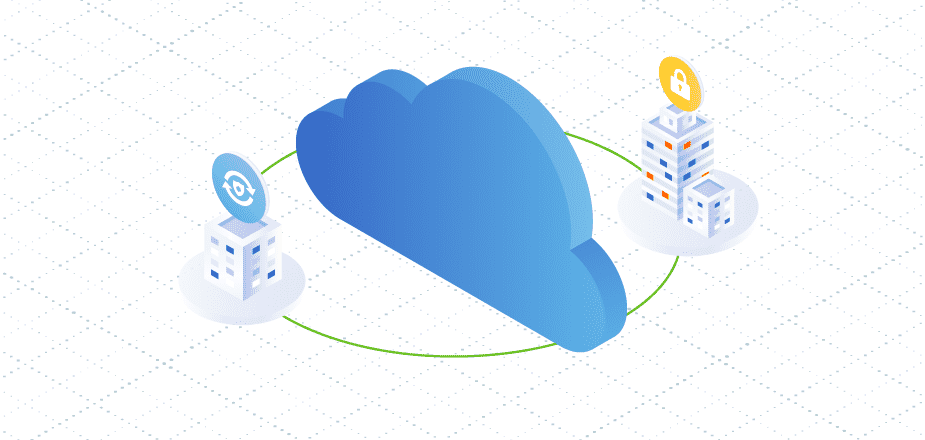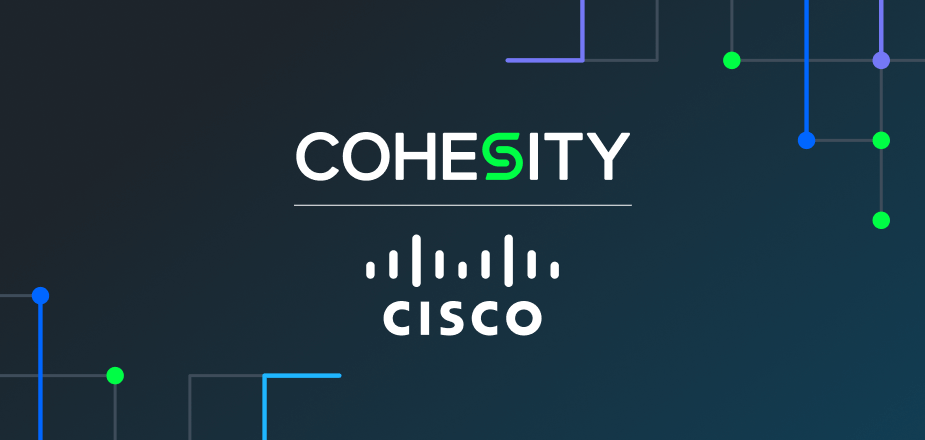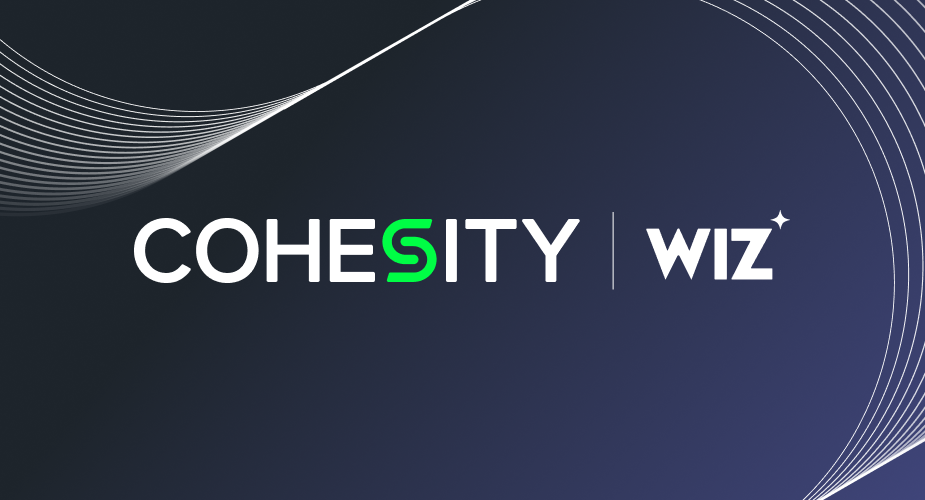One of the long-lasting effects of COVID-19 has been to elevate the focus on the security, protection, and availability of collaborative business data for the remote workforce, and while business databases still make up about half of business and mission-critical data, unstructured data is making up an increasing percentage of business-critical data sources such as email, video, images and data from next-generation IoT devices. Enterprise-class visibility and control over all forms of business data is rapidly becoming a necessity for risk management that must now span security, privacy, and compliance with local laws and regulations. Data breaches, cyberattacks, data loss, and compliance violations can literally cost a business everything from monetary losses to poor reputation and, ultimately, even its ability to operate.
This makes comprehensive data management a mission-critical capability, but not all enterprises will have the necessary skills or staff to effectively embrace a modern approach to data management, an approach that creates new opportunities for data management specialists and services. This also establishes the potential for data management as a service (DMaaS) as an offering managed by experts in the field to help customers navigate the continually evolving challenges of global data management.
DMaaS is a new service category that combines data protection, security and management with hybrid data mobility as an on-demand managed service. DMaaS also has the potential to bridge the gap between traditional file systems and object storage, which could be an invaluable capability for enabling unstructured data management. Unstructured or not, we believe that the data backup/protection process serves as one of the best entry points for ingesting all forms of data, and as part of a comprehensive data workflow, the backup stage can serve as the starting point for gathering the metadata-based criteria needed for next-generation data management.
The new challenge for business IT lies in the need to better understand the contents of business data, as well as provide for data management on storage resources that now extend to a growing number of on- and off-premises options. Protecting and securing data that resides within the confines of a traditional data center is a challenge in and of itself, but with every hybrid option a company chooses to adopt, the data management complexity multiplies, especially if a common policy model isn’t flexible enough that it can be followed regardless of hybrid IT choices.
As we move more toward hybrid IT, increased complexity is a natural byproduct of the freedom of choice offered by hybrid cloud technology that can usually be mitigated through automation, one of the major features and necessities of a hybrid cloud approach anchored on the dynamic resources of public cloud services. The best practice we suggest for hybrid data management is to take a holistic, platform-based approach that defines a blueprint for an intelligent data workflow and is based on common policies for data protection, access control, security and lifecycle management that leverage the highly scalable resources, orchestration capabilities and cost efficiencies found in the public cloud. Once a data workflow is established, the automation can pay for itself quickly through reduced storage need, assured data security, efficient storage tiering, and, ultimately, greater time efficiency for both data managers and information consumers within their organizations.
Business continuity, security and resilience ranked at the top of 451’s Voice of the Enterprise: Digital Pulse, Coronavirus Flash Survey from October 2020 (see figure below), though nearly every priority listed can be addressed through more efficient business data management. As the world recovers from the immediate effects of COVID-19, many of these issues will remain, and most likely increase exponentially as businesses continue to gather and utilize even more data from new sources. The Internet of Things movement itself has the potential to dramatically increase the number of data sources as well as the complexity and quantity of data organizations gather – not to mention that businesses will be dealing with the substantial backlog of legacy data that they already have and are now looking to use for ongoing analytics and archival purposes.
Fortunately, we believe that next-generation data management platforms will have the processing power needed to add intelligence to storage management, and software tools are available to offer a metadata-based approach to data management that will elevate storage beyond simple warehousing, but this requires a philosophical adjustment as well as a technical one. With COVID-19 as a catalyst, it’s time that we modernize our data management capabilities to match the flexibility and automation of today’s hybrid production workloads.
DMaaS has the potential to serve as a framework to support an automated data workflow capable of addressing the challenges of data growth from a technical perspective while making advanced data protection and management capabilities accessible as an on-demand service to companies of every size that might not have the staffing or expertise to navigate the evolving requirements of data management. Data is rapidly becoming one of the most valuable resources for companies large and small, which really makes intelligent and consistent data management the new business-critical challenge for the future.















